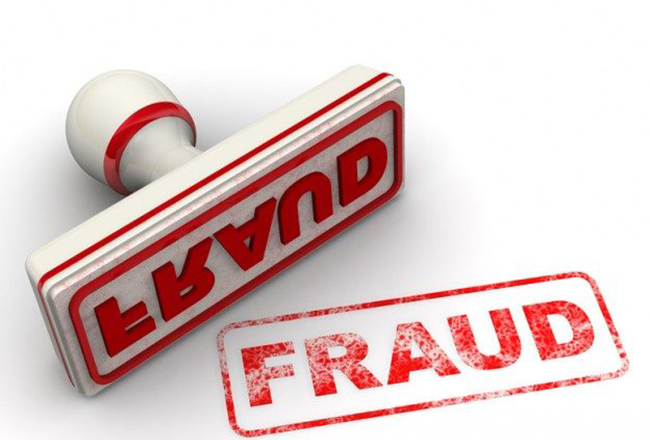
With the contentious tolls issue at least temporarily parked, state lawmakers”™ attention has now turned to another controversial issue: Legalizing recreational marijuana.
During Monday”™s public hearing by the Judicial Committee on SB 16 ”“ which includes allowing adults 21 and older to possess and buy up to 1½ ounces of cannabis from a licensed retailer ”“ several legislators voiced concerns over the lack of a standardized test for those under the influence, as well as a part of the bill that would expunge the criminal records of residents with prior marijuana possession convictions.
Those convicted of family violence, assault or sex offenses would be ineligible for that expungement.
Rep. Rosa Rebimbas, R-Nauguatuck, took issue with that portion of the bill. “I don”™t know what kind of false hope we can give individuals by erasing their records,” she said.
As for testing, “There”™s no accurate way to judge if they are impaired when they show up to work,” said David Krechevsky of the Waterbury Regional Chamber of Commerce.
Commissioner of the Department of Emergency Services and Public Protection James Rovella and Commissioner of the Department of Motor Vehicles Sibongile Magubane both testified that the state needs to find a way of detecting those impaired by THC, whether recreational marijuana is legalized or not.
“Connecticut already has a drugged driving problem,” remarked Amy Parmenter, government affairs manager for the AAA. “In an analysis of national crash data, Connecticut had a significantly higher percentage of fatally-injured drivers who tested positive for drugs other than alcohol, as compared to the national average ”” with cannabis being the most prevalent drug.”
State Rep. and Deputy Republican Leader Vincent Candelora of Durham tied the question to vaping. “We”™re seeing the impact of vaping. We saw the impact of opioid addiction. Why on God”™s Earth would we be introducing marijuana now to that commercial market?” he said.
Proponents of the bill include Gov. Ned Lamont, Senate President Pro Tem Martin Looney, House Speaker Joe Aresimowicz, state Rep. Matt Ritter and state Sen. Bob Duff, all Democrats; Duff represents Norwalk and parts of Darien.
The 108-page bill seeks the establishment of a regulated market for recreational marijuana by July 1, 2022.
In written testimony, Lamont maintained that “Prohibiting the possession and sale of cannabis has produced a significant illicit market and staggering racial disparities in the dispensation of justice within our state.”
He also noted that Massachusetts, Maine, and Vermont have already legalized recreational marijuana, and that New York, Rhode Island, and New Jersey are also expected to legalize it.
“We can no longer stick our heads in the sand,” the governor said. “Cannabis currently, and will be increasingly, available to residents of Connecticut. While I do not believe that cannabis is a riskless drug, I do believe our state is better off developing a well-regulated market for cannabis.”
Lamont further said his administration does not view legalization as primarily a source of revenue, but as a means of positioning Connecticut in a competitive position with its neighboring states. Nevertheless, he added, the bill “sets up a fair tax structure that will provide meaningful new state and municipal revenues.”
The Department of Revenue Services estimates the state will collect $15.7 million after the bill takes effect, potentially growing to $59.9 million in the second year.
Connecticut legalized the sale of medical marijuana in 2012 and has decriminalized the possession of small amounts of the substance, but no legalization bill has come to a floor vote in either chamber of the General Assembly.
Whether a vote will take place before the short legislative session concludes on May 6 remains uncertain.























NYS doesn’t even have a functioning medical marijuana law so why don’t they start there and fix that instead? All other states with recreational marijuana retail sales used their medical dispensaries to transition into recreational and NYS doesn’t have medical dispensaries or very few from connected people.
opps this is CT where they do have medical marijuana dispensaries.
Just dont set the taxes too high or the black market will continue to thrive.